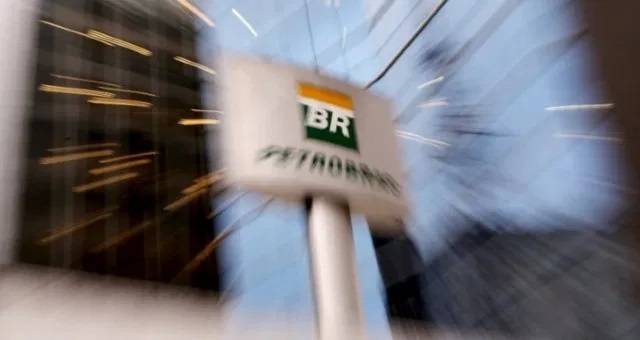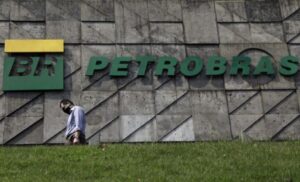
(Petrobras, 8.Nov.2023) — Petrobras informs that the Riograndense Petroleum Refinery (RPR) has reached a historic milestone by processing 100% soybean oil in an industrial refining unit for the first time. The test, carried out between the end of Oct. and the beginning of Nov., opens a new world frontier for biorefining.
The technology, developed at Petrobras’ Research, Development and Innovation Center (CENPES), makes it possible to use 100% renewable raw materials as feedstock, with process and catalyst innovations, generating fully renewable petrochemical products. The processing of 100% renewable raw materials in a fluid catalytic cracking (FCC) unit is the first in the world.
With the success of the test, RPR, located in Rio Grande (RS), is preparing for the production of petrochemical inputs and renewable fuels such as LPG, maritime fuels, propylene and bioaromatics (BTX – benzene, toluene and xylene), used in the synthetic rubber, nylon and PVC industries. It was also identified that the BTX concentration levels achieved using catalysts are capable of meeting the levels required to formulate high-performance, practically sulphur-free gasoline.
The catalysts used in the test are from the ReNewFCC line and were produced in partnership with Fábrica Carioca de Catalisadores (FCC SA), a joint venture between Petrobras and Ketjen, which produces catalysts and additives for the refining industry.
For the Petrobras’ CEO, Jean Paul Prates, the energy transition is a path of no return for the company: “We are making typical oil products from vegetable oil. It’s innovation and energy transition combined for the benefit of Brazil. Petrobras is once again leading major technical, economic and social transformation processes, with global repercussions”.
The test was made possible by a cooperation agreement signed in May 2023 between the companies that have a stake in the RPR (Petrobras, Braskem and Ultra). The agreement provided for the use of the refinery’s units to carry out the test using technologies developed by CENPES.
The industrial test began in the last week of October, when RPR received a loading of 2,000 tons of soybean oil and carried out a maintenance stoppage to prepare the fluid catalytic cracking (FCC) unit to receive and process the raw material, according to CENPES’ specifications and guidelines. On November 1st, the processing of the 100% renewable feedstock began, proving the viability of the operation.
A second test is already scheduled for Jun. 2024, which will be through the co-processing of mineral feedstock with bio-oil (advanced raw material from non-food biomass), generating propylene, gasoline and diesel, all with renewable content. Petrobras is investing around R$45mn to enable the completion of the renewable feedstock processing development. The investment in the test was made in compliance with the National Petroleum Agency‘s RD&I clauses.
With the stage of proving the technology completed on an industrial scale, RPR will be able to explore business alternatives for the production of renewable products, and Petrobras will have new alternatives to evaluate in the future in its own refineries, in addition to the projects already underway related to co-processing for the production of renewable diesel and dedicated units for the production of bio-jet fuel and renewable diesel.
____________________

